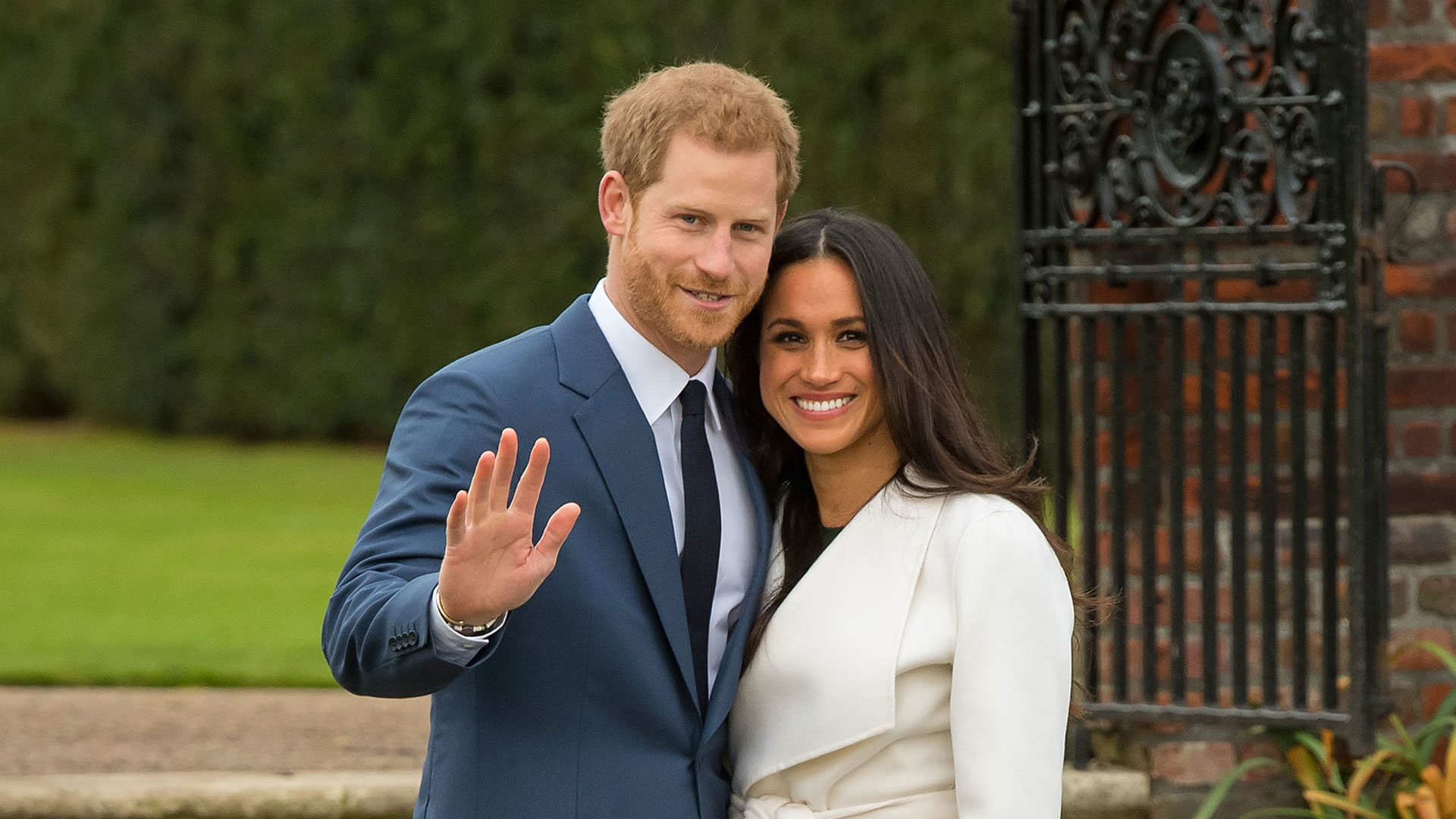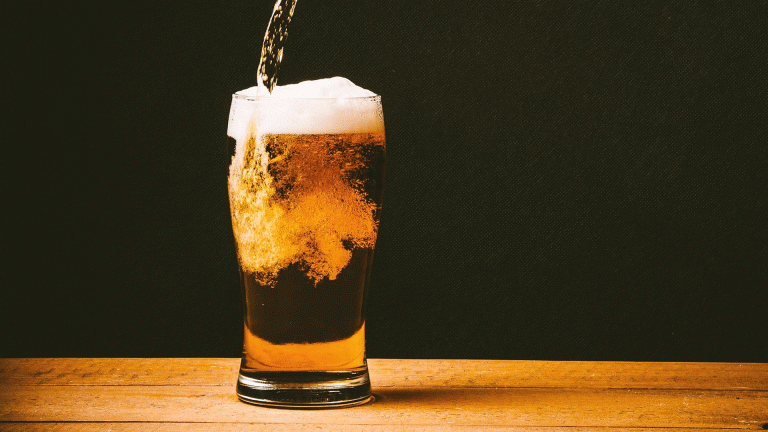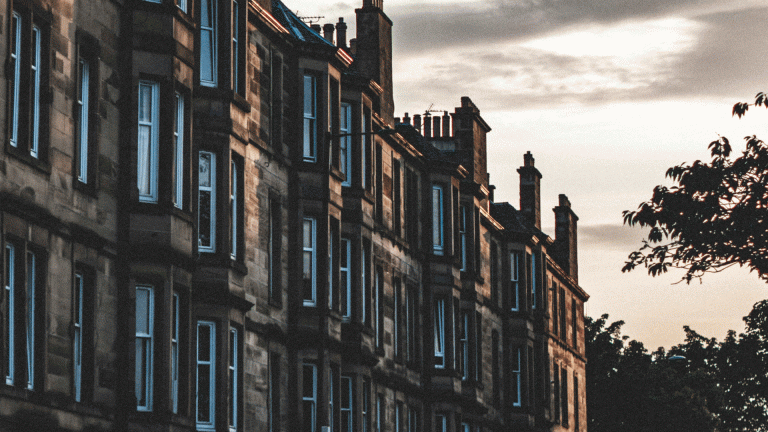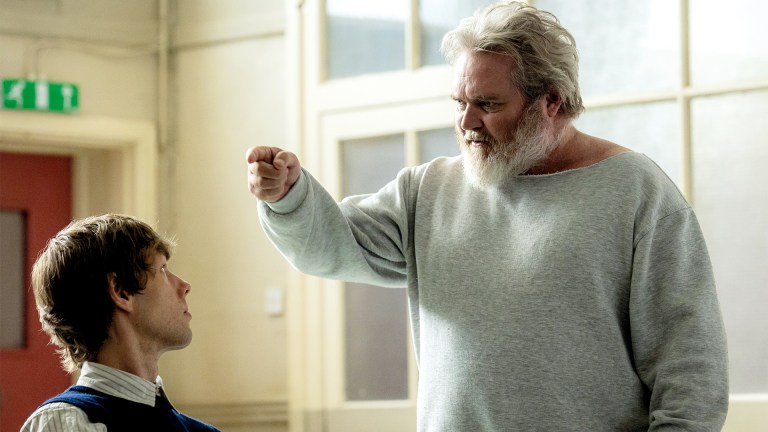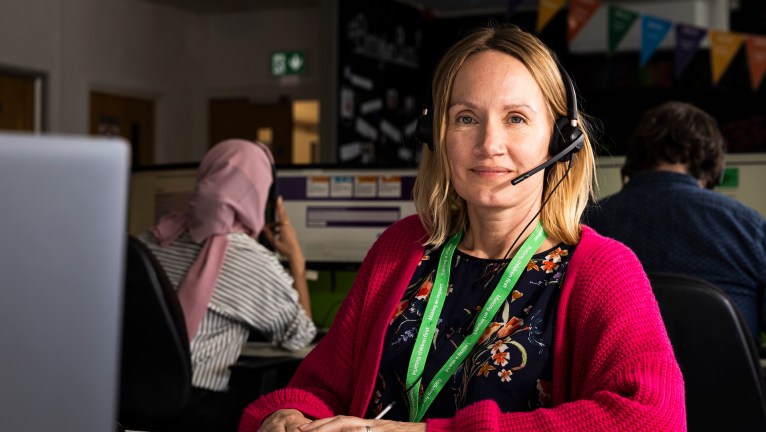The economy of royalty is mentioned in nearly every critique of royalty and the thrones and wealth they sit on. Their stupendous privilege, for me, expresses itself best in the electric Jaguar that the Sussexes drove to Frogmore House for an evening of fun after a day of rigorous ceremony. What sky did that car drop out of? Which fairy waved their wand to make it appear in time for the gambolling between one secure outpost to another?
Once again I was not invited to a royal wedding, even though Prince Charles opened two of our buildings in the Nineties and, for a very slim window of time, I was seen as a new expression of innovative social Britain. Still, no weddings! The Big Issue hasn’t been good at cultivating links with the posh and powerful. I couldn’t even keep in with Tony Blair. In the end, he thought I was a trout (and I can’t quite remember what I thought he was).
It’s extraordinary that the UK can still garner such interest for its royalest of royal families. They put the world’s 25 remaining monarchies in the shade.
Being possibly the last thing left to us, it’s what you might call our unique selling point. A kind of acceptance that the UK has only the past to sell.
The only other time I can remember the nation as feeling incredibly special about something other than royalty was the SAS storming the Iranian Embassy siege in 1980. It made the country look feisty and tough for a while; perhaps even special.
Advertising helps fund Big Issue’s mission to end poverty
And before that was The Beatles in the early to mid-Sixties. Wow, that was bigger than Elvis Presley, sweeping all before it. And ever since then, we’ve been kept afloat by our creative industries (another kind of royal blessing), which now generate £92bn a year to the economy.
Over the years, I’ve been asked if I am a republican. Do I want to wash away royalty and consign 1,147 years of monarchical rule to the dustbin of history (that is, if you start with Alfred the Great)?
I reply by saying that I’ve lived in one monarchy and two republics; République française and the United States of America. I would rather be poor in the United Kingdom than either of the two republics I’ve lived in. The USA is the most monarchical place imaginable, aside from Russia. Though they dress them up as republics, appearance denies reality.
Our monarchs seem to bring more cheap jobs to the UK. More footfall along Oxford Street. More tinsel. At least they don’t have the power in their hands to destroy every tree, bush and blade of grass in the world. Supposed republics are assigned that power.
Pray! And carry on with the royal parade! At least the head of the House of Windsor doesn’t have her finger on the button.
Advertising helps fund Big Issue’s mission to end poverty
